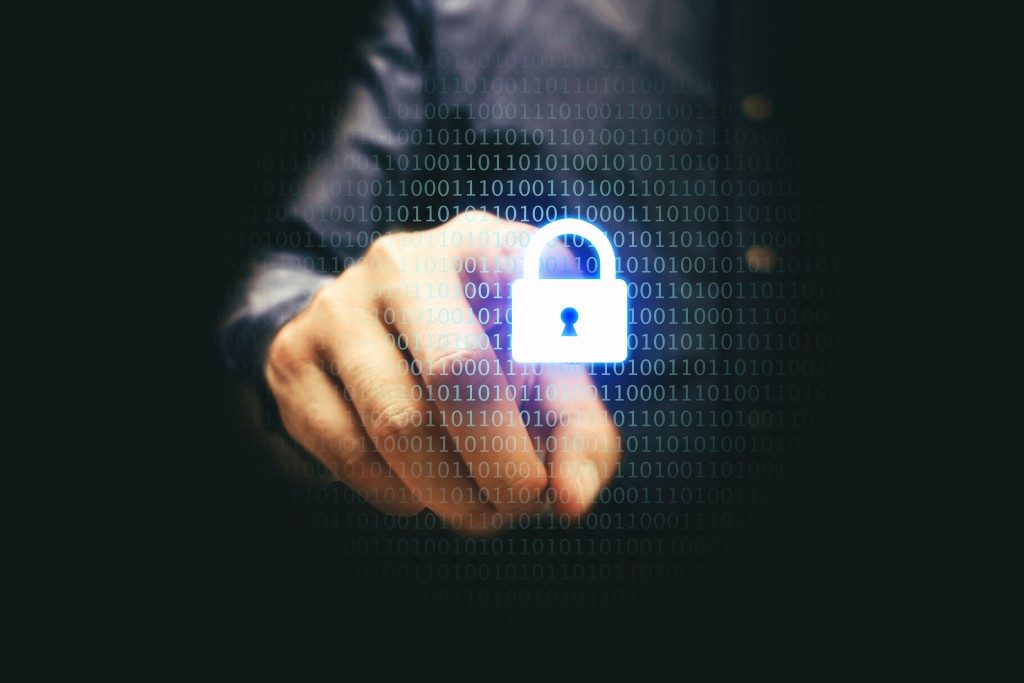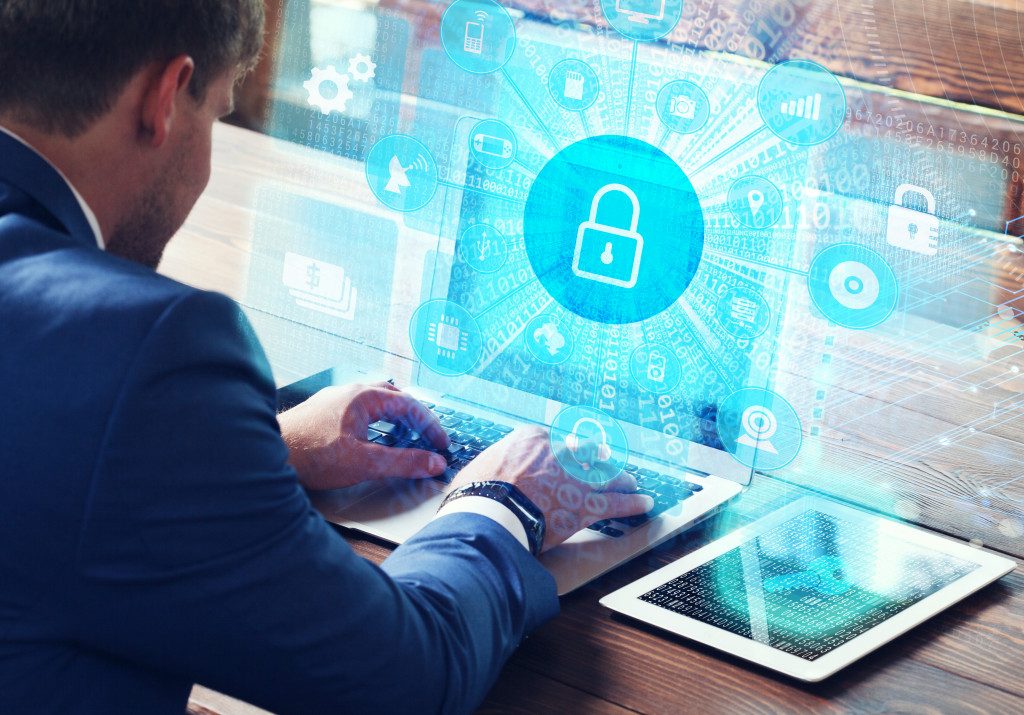On May 8th, Australia’s National Cabinet finalized a 3-step plan to gradually ease the restrictions placed on different states and territories to suppress the spread of the coronavirus. This comes after the country successfully “flattened the curve” of COVID-19 cases. The 3-step plan, called 3-Step Framework for a COVIDSafe Australia, will allow some businesses to open. However, it also encourages people to still work from home if they can.
Whether you’ve been working from home since the beginning of the lockdown measures or your workplace has only recently adopted this scheme, working from home can make you laxer, especially when it comes to security. You might be using your personal computer, which might not have the security features your office hardware does.
To ensure that your computer—and therefore yours and your workplace’s data—aren’t compromised, practice the following cybersecurity measures:
1. Use a secure Internet connection
Hackers have a lot of ways to access your device and data, including your Wi-Fi connection. Data is transmitted through this connection and, if it’s unsecured, hackers may intercept and steal them. To ensure that your Wi-Fi network is secure, make sure to change the password regularly. In addition, using a virtual private network or a VPN helps encrypt your internet traffic so your company’s data is protected.
2. Keep your software and applications up-to-date
Application and software developers implement updates to fix bugs and other inconsistencies in the software. These updates also carry patches that improve the software’s security, so it’s crucial to install updates when prompted. This is especially true for pieces of software that keep your computers secure, such as anti-virus software and your operating system.
3. Contact IT personnel for questions

No one knows your company’s database and computer system better than your technical support team. So if you notice something suspicious about your computer or the applications you use for work, it’s best to accelerate them to the IT team. They can diagnose the problem and instruct you on what to do, contact a database administrator or DBA to offer remote SQL server services, or access your computer remotely so that they can troubleshoot for you.
4. Lock your screen when you’re away
Whether you’re working at a public space—which might be possible soon since coffee shops are set to open during the first stage of the 3-step plan—or you’re at home, keeping your device secure is of utmost importance. If you’re working when other people should not be privy to your company’s information, like a flatmate or strangers at a public place, they might see confidential data from your screen and use or steal it.
So make sure to work where your screen cannot be easily peeked at by anyone. More importantly, make it a habit to lock your device whenever you have to step away from it. What’s more, use secure and complicated passwords to provide your device with an added layer of encryption.
Remote employees must stay diligent about cybersecurity, especially during this time when it can be challenging to do something about a cybercrime since you’re away from the office. Practicing these cybersecurity techniques ensures that you can continue working and staying safe at home.
